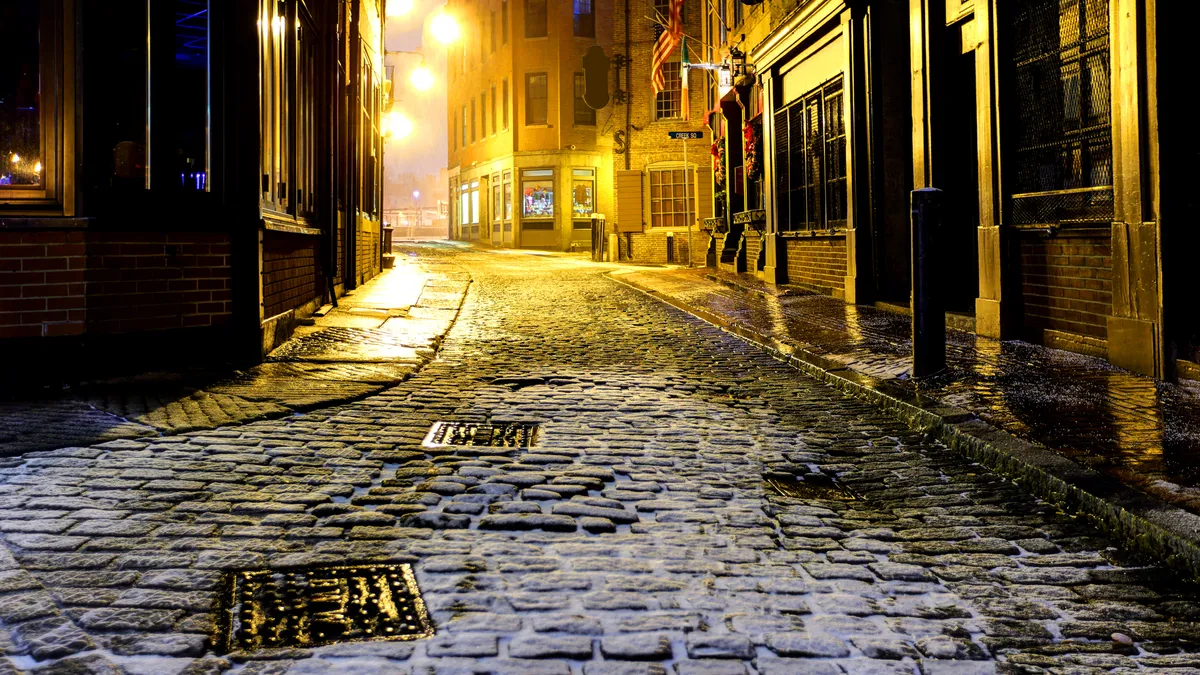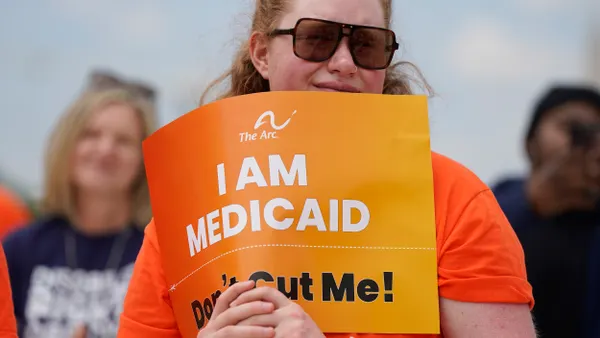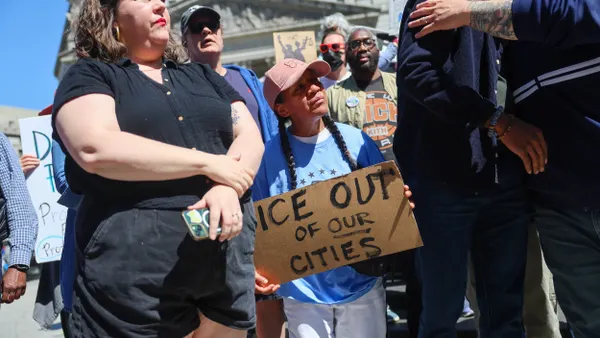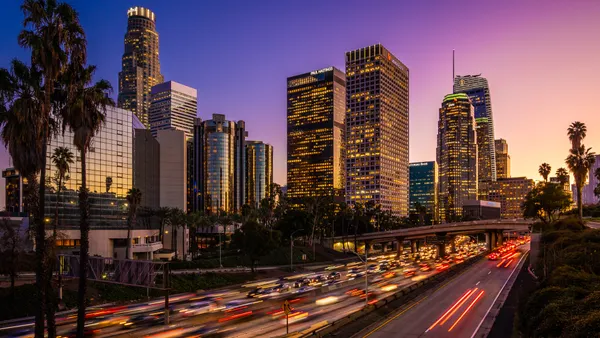Dive Brief:
- Boston hired its first nightlife economy director to help the city reimagine its late-night business scene, which has yet to recover since the start of the COVID-19 pandemic, the city announced last week.
- Corean Reynolds, who will begin the new role March 3, is tasked with placing equity at the forefront of her efforts while focusing on citywide efforts that help residents build generational wealth, establish Boston as a family-friendly city and foster and retain local talent.
- “We are working to create more opportunities for residents and businesses to help our night scene grow and bolster our local economy across the board,” Boston Mayor Michelle Wu said in a statement.
Dive Insight:
The position would help support the Wu administration’s goals of achieving post-pandemic recovery while revitalizing the city’s neighborhoods, delivering equitable investments and “providing access to shared prosperity,” the city stated in a press release.
Boston has a number of restrictions in place that largely quiet the city’s nightlife scene. According to Eater Boston, happy hour drink specials are illegal, public transit trains stop running at 1 a.m., and competitive liquor licenses are largely deployed in majority White neighborhoods.
Reynolds previously served as the director of economic inclusion at the Boston Foundation, focusing on developing and evaluating the nonprofit’s economic development strategy to support grant award decisions. She also assessed policies, advocacy and research that could create a more inclusive business ecosystem.
In her new role, Reynolds will engage with local stakeholders to better understand post-pandemic challenges to Boston’s nightlife economy while working to “redefine and reimagine late night in Boston,” the press release states.
She will serve as a liaison between the mayor’s office and the business community to “strengthen and amplify the communities and businesses that already exist in Boston, while identifying new opportunities to expand connectivity, access, and equity amongst Boston’s diverse population,” Reynolds said in a statement.
But she also stressed the importance of achieving the goals in an equitable way across the city’s neighborhoods and demographics.
The position is an “opportunity to create a robust nightlife economy that is inclusive of all races, cultures, abilities, sexual orientations, income levels, gender expressions, family statuses, and ages,” she said.











